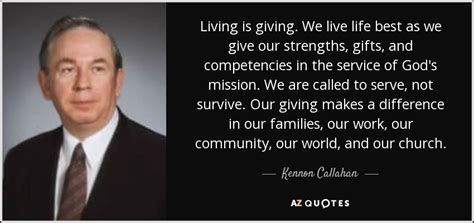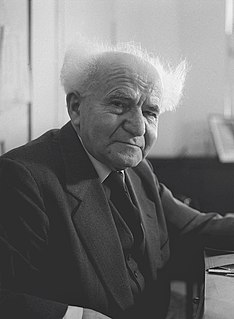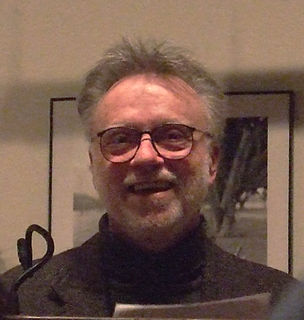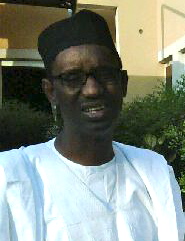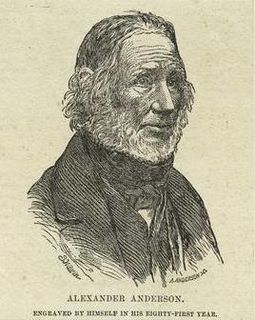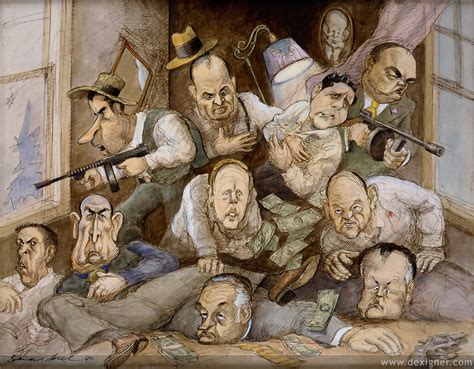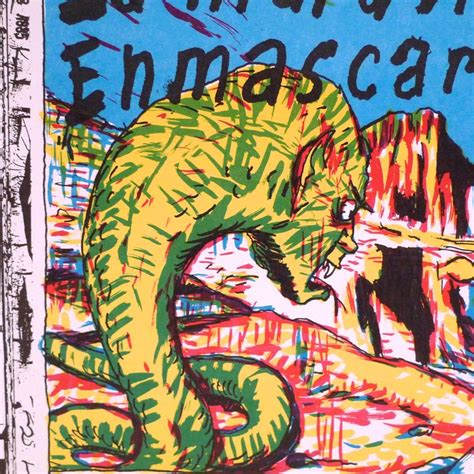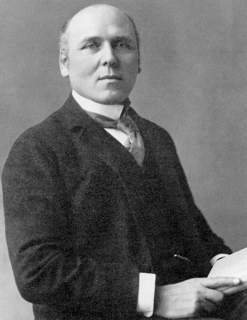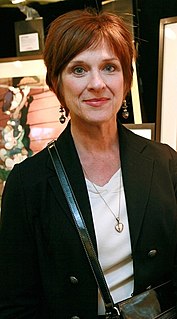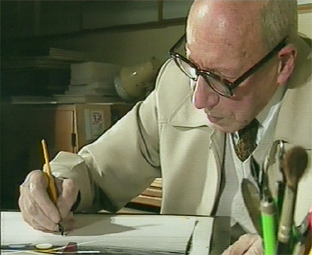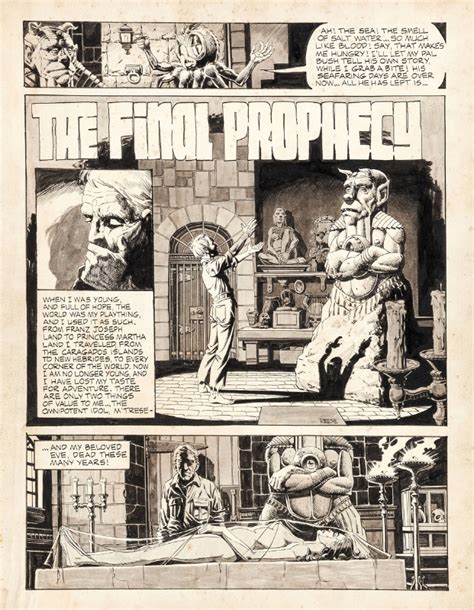A Quote by Floyd Cooper
My "mission", if you can call it that, is to connect with my readers on an emotional level and have them come away with a stronger impression of the basic message in the story I am illustrating.
Related Quotes
One of the concepts I was having trouble illustrating was the concept that administrative systems create narrow categories of gender and force people into them in order to get their basic needs met - what I call "administrative violence." I had images of forms with gender boxes and ID cards with gender markers, but I also wanted an image that would capture how basic services like shelters are gender segregated.
Singularity theory is something that I do believe will come to pass, sooner or later, although whether or not in our lifetime I don't know, and I'm not sitting around waiting for my father to be resurrected. Readers probably have the impression from the book that I'm a lot more a of a techno kook than I actually am. It became a convenient fulcrum in the story, sort of a kaleidoscope through which to address religious and spiritual questions.
I write in expectation that readers want to participate in a kind of two-sided game: They are trying to guess what I am up to - what the story's up to - and I'm giving them clues and matter to keep them interested without giving everything away at the start. Even the rules, if any, of the game are for the reader to discover.
I am willing to believe that my unobtainable sixty seconds within a sponge or a flatworm might not reveal any mental acuity that I would care to call consciousness. But I am also confident [...] that vultures and sloths, as close evolutionary relatives with the same basic set of organs, lie on our side of any meaningful (and necessarily fuzzy) border and that we are therefore not mistaken when we look them in the eye and see a glimmer of emotional and conceptual affinity.
I always hope that readers, of my books, will take away whatever is most meaningful to them wherever they are at right now. It might be the message of love. Or what it means to really live. Or the role that emotion does - or does not play - in our lives. But I think ultimately, the thing I took away was the idea of surrender to God.
When corruption is king, there is no accountability of leadership and no trust in authority. Society devolves to the basic units of family and self, to the basic instincts of getting what you can when you can, because you don't believe anything better will ever come along. And when the only horizon is tomorrow, how can you care about the kind of nation you are building for your children and your grandchildren? How can you call on your government to address what ails society and build stronger institutions?








